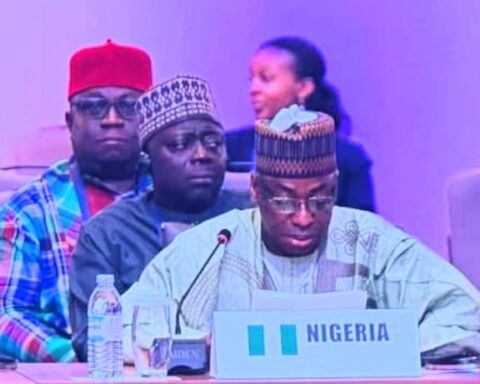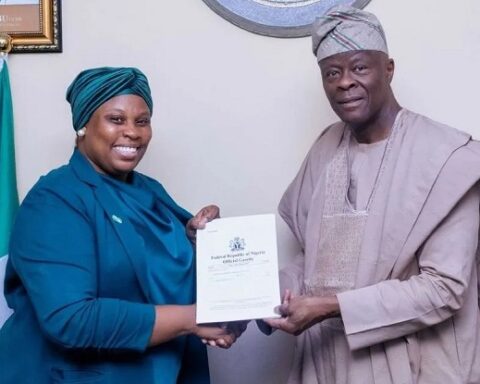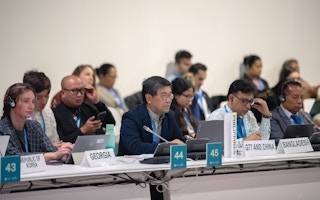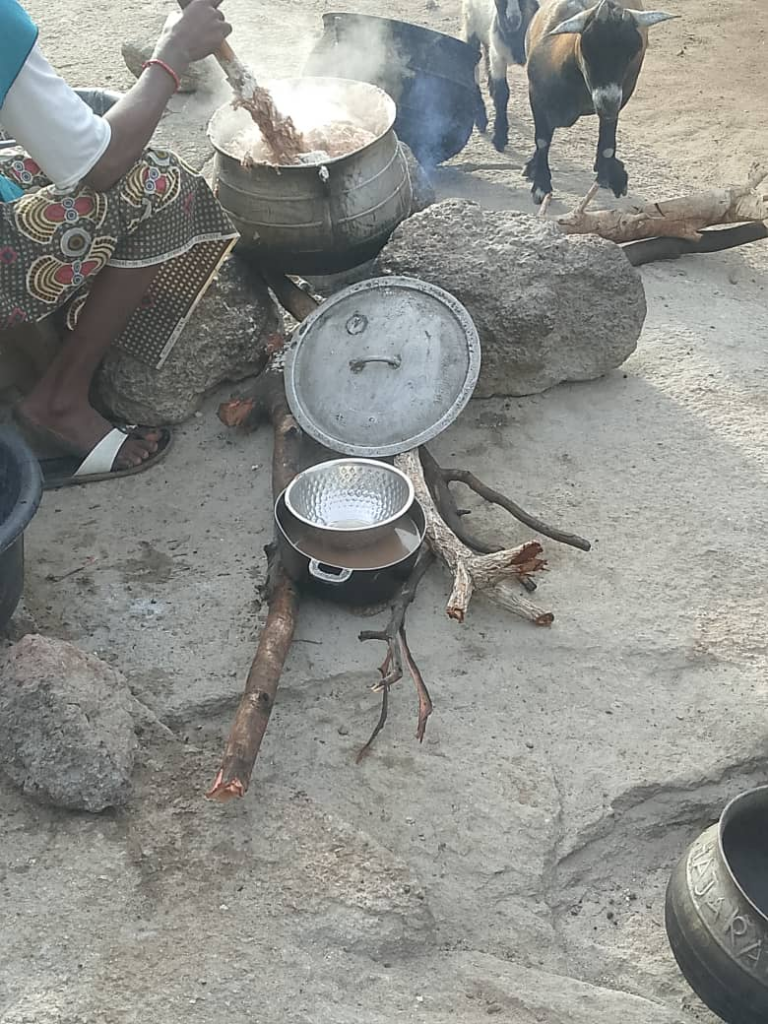A new report from Oxfam International has revealed a significant shortfall in climate finance provided by developed nations to developing countries in 2022.
Contrary to claims by the Organization for Economic Co-operation and Development (OECD), which reported that developed nations met their $100 billion annual climate finance commitment by mobilizing nearly $116 billion, Oxfam argues that the actual support provided was no more than $35 billion.
At the 2009 UN climate conference in Copenhagen, wealthy nations pledged to deliver $100 billion annually from 2020 to assist developing countries in mitigating and adapting to climate change.
However, ongoing delays in meeting this target have eroded trust and sparked contention during annual climate negotiations.
Oxfam’s analysis highlights a significant discrepancy between reported figures and real financial efforts.
According to the organization, nearly 70 percent of the purported $116 billion was provided as loans, many at profitable market rates, exacerbating the debt burden of already heavily indebted countries.
Chiara Liguori, Senior Climate Justice Policy Advisor at Oxfam GB, criticized developed countries for “short-changing” lower-income nations by as much as $88 billion in 2022.
“Rich countries have been short-changing lower-income countries for years by doing climate finance on the cheap,” Liguori said.
“Claims that they are now on track with their financial promises are overstated, with the real financial effort much lower than the reported figure seems to suggest.”
Oxfam’s figures are based on research by INKA Consult and Steve Cutts, which used the latest OECD climate-related development finance datasets for 2021 and 2022.
The organization calculated climate-related loans at their grant equivalents to reflect the true financial effort of rich countries, accounting for differences between market-rate loans and those on preferential terms.
The need for substantial climate finance is more pressing than ever. According to the United Nations Environment Programme (UNEP), developing countries require between $215 billion and $387 billion annually this decade for adaptation alone.
As the world approaches the UN climate conference in Baku, Azerbaijan, where the New Collective Quantified Goal (NCQG) will be discussed, the challenge of reaching a consensus remains daunting.
Developed nations argue that countries with high emissions and significant economic capacities, such as China and petro-states classified as developing under the Paris Agreement, should also contribute to climate finance.
In contrast, developing countries invoke Article 9 of the Paris Agreement, which states that climate finance should flow from developed to developing nations.
Oxfam insists that climate finance should prioritize grants over loans and target genuine climate-related initiatives to help vulnerable nations adapt to the impacts of climate change and transition away from fossil fuels.
“At the moment, they’re being penalized twice—first, by the climate harm they did little to cause, and then by paying interest on the loans they’re having to take to deal with it,” Liguori emphasized.
The forthcoming COP29 conference will be pivotal in addressing these issues and establishing a new financial framework to support climate action in developing countries.
As negotiations continue, the focus will be on securing a robust and equitable agreement that fulfills the promises made over a decade ago.
By Dare Akogun








